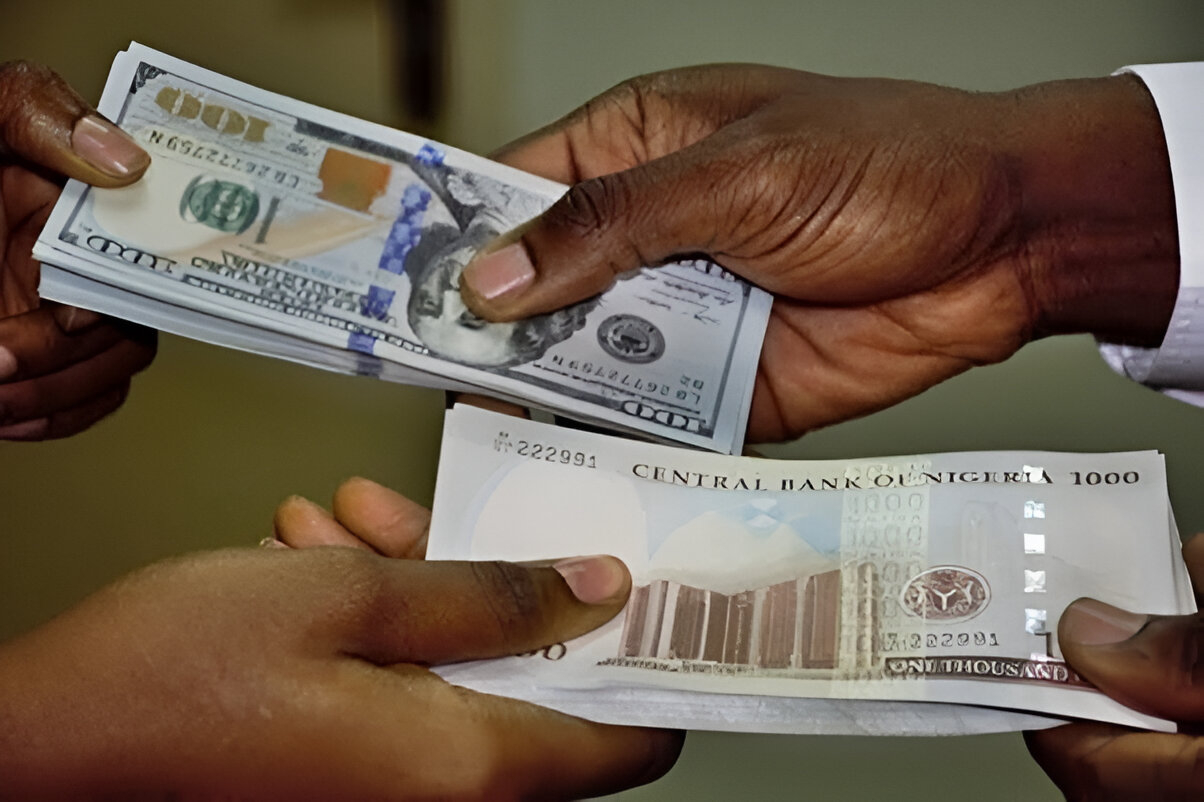Parents and numerous Nigerian students studying abroad are expressing concern about the escalating tuition fees, a consequence of the depreciating value of the naira against foreign currencies, notably the dollar and pounds.
The surge in exchange rates for the naira against the dollar and pounds is placing a financial burden on potential students aspiring to pursue their studies abroad and their guardians responsible for covering expenses such as ticketing and school fees.
In June 2023, the Nigerian government eliminated the rate cap in its official foreign exchange market, allowing market forces to determine the true value of the naira.
Consequently, the naira underwent devaluation, experiencing a decline from 471/dollar to 750/dollar and 589.4/pound to 957.2/pound in July 2023, approximately a month after the policy change.
Related News: NNPC and Fuel Marketers Clash Over Petrol Subsidy Amid Naira Depreciation
As of January 24, the currency had further depreciated to 887/dollar and 1133/pound.
On the parallel market, where most individuals fulfill their forex needs, the local currency was trading at 1,420/dollar on Friday.
As of Wednesday, the value stood at N1,455/$ on the Investor and Exporter Window.
The devaluation of the naira has led to a spike in the costs associated with relocation, including school fees and visa fees, making it increasingly challenging for students planning to study abroad.
Some students shared their experiences, highlighting the impact of the falling naira against foreign currencies.
Moyosore Salami, a Nigerian student in the UK, mentioned that the exchange rate fluctuations had prompted several individuals to return to Nigeria.
Similarly, Seth Akande, a Nigerian student in Canada, expressed frustration over the unpredictable devaluation of the naira, making it difficult to budget for expenses.
Aisha Umar, a student from Sokoto State studying in Malaysia, noted that the devaluation made tuition fees and school expenses more expensive for international students.
The devaluation of the naira also affected prospective students, such as Confidence Chujor, who had his admission into a Canadian university delayed due to the exchange rate debacle.
Chujor expressed concerns about the increased costs and the challenges of budgeting for education expenses.
Parents, such as Mrs. Nwachukwu Mary, expressed the financial strain caused by the exchange rate, describing it as “finishing us.”
Another parent, Mr. Smith, questioned the feasibility of paying $17,000 in tuition fees with the current exchange rate, considering it a significant financial burden.
Travel agents and consultants acknowledged the impact on Nigerians, with some resorting to selling properties or dropping out of school due to the challenges posed by the depreciating naira.
The rising cost of processing fees and flight tickets further compounds the difficulties faced by individuals seeking to travel abroad for education.
In summary, the devaluation of the naira has significantly affected Nigerian students studying abroad, prospective students, and their parents, leading to increased financial strain and challenges in planning for education-related expenses.
The instability in exchange rates has created uncertainties and difficulties in budgeting, further exacerbating the already challenging situation.
You can also read: FG Explains Choice of N800 to Dollar Exchange Rate in 2024 Budget


